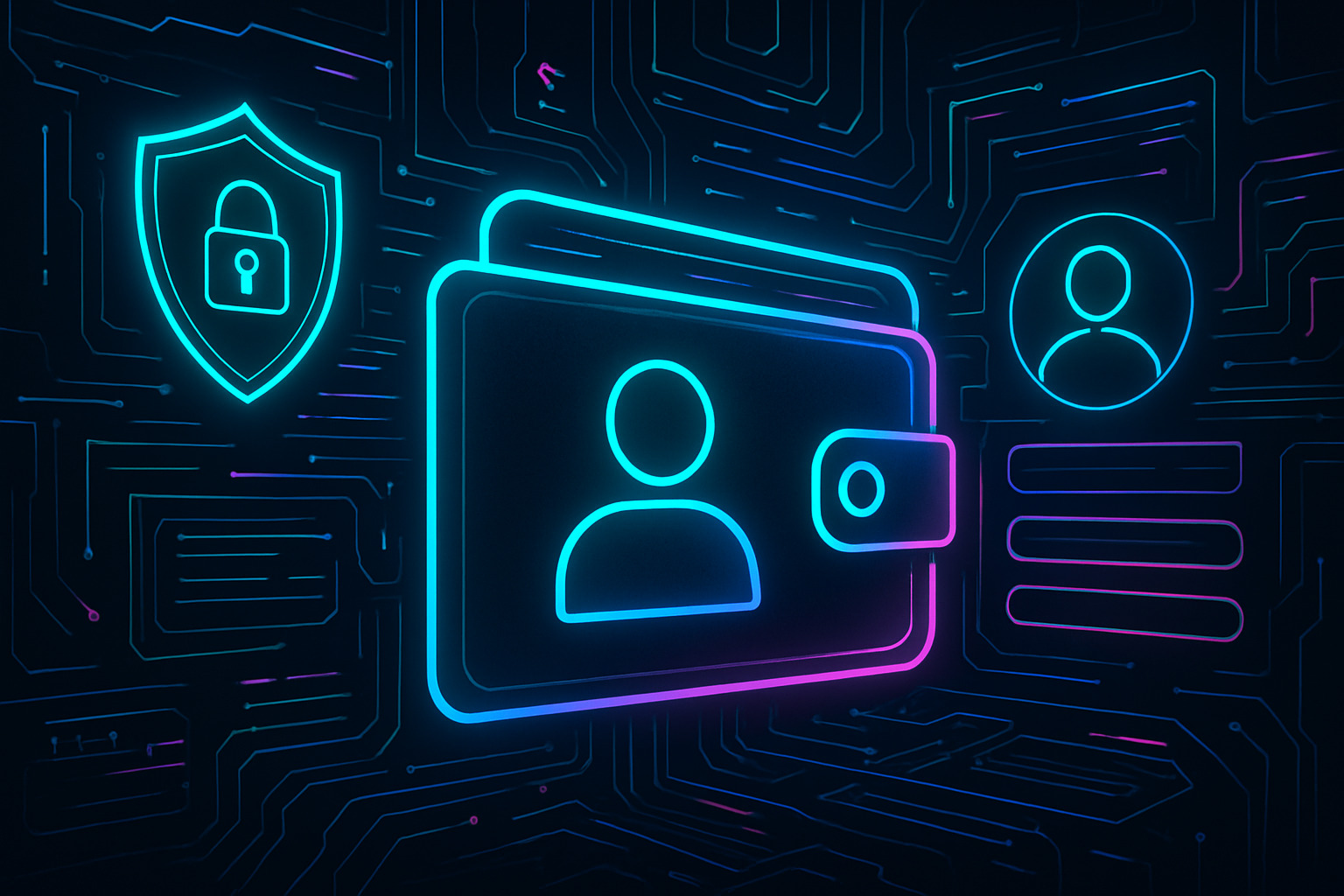
Imagine a digital world where you, not a corporation or government, hold the keys to your identity. This is the promise of self-sovereign identity wallets (SSI wallets) in Web3. As traditional online accounts increasingly expose users to privacy breaches and data misuse, SSI wallets are emerging as the foundation for decentralized identity management and digital autonomy.

Redefining Digital Identity: From Centralization to Self-Sovereignty
The core innovation behind SSI wallets is simple yet transformative: individuals gain full control over their digital identities. Instead of relying on centralized databases or third-party platforms, users create and manage their own decentralized identifiers (DIDs). These blockchain-based IDs replace vulnerable usernames and passwords with cryptographically secure credentials only the user can access.
This shift isn’t just technical; it’s philosophical. SSI aligns perfectly with Web3’s ethos, placing users at the center of every transaction, login, and credential exchange. Projects like idOS are pushing this frontier further by integrating advanced cryptography and passwordless flows, ensuring that only you decide who accesses your data and when.
The Building Blocks of Secure, Private Identity in Web3
SSI wallets bundle several key technologies that together empower users:
Core Components of an SSI Wallet
-
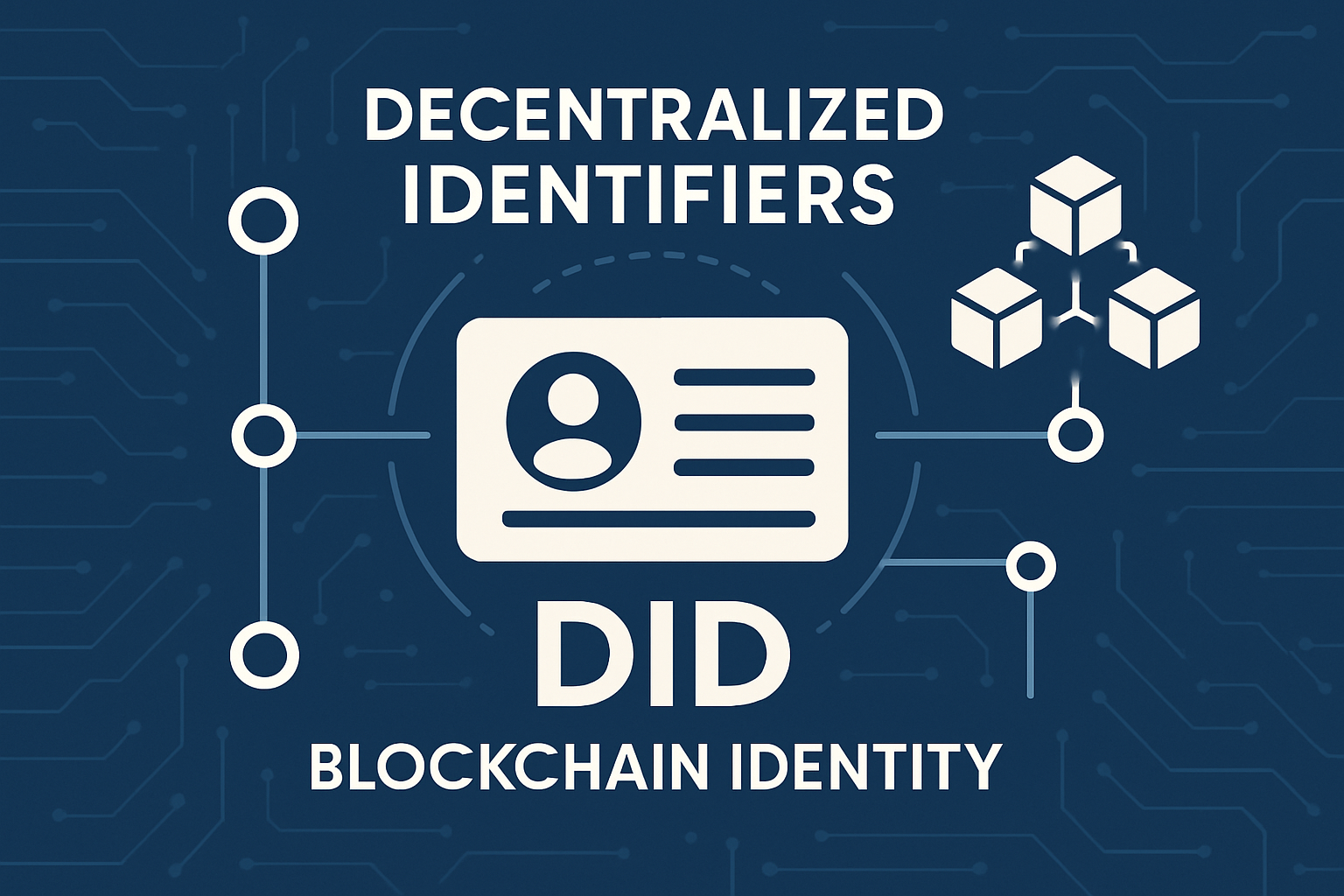
Decentralized Identifiers (DIDs): Unique, blockchain-based identifiers that enable secure, user-controlled identity management without relying on centralized authorities. DIDs form the foundation of SSI wallets, replacing traditional usernames and passwords.
-
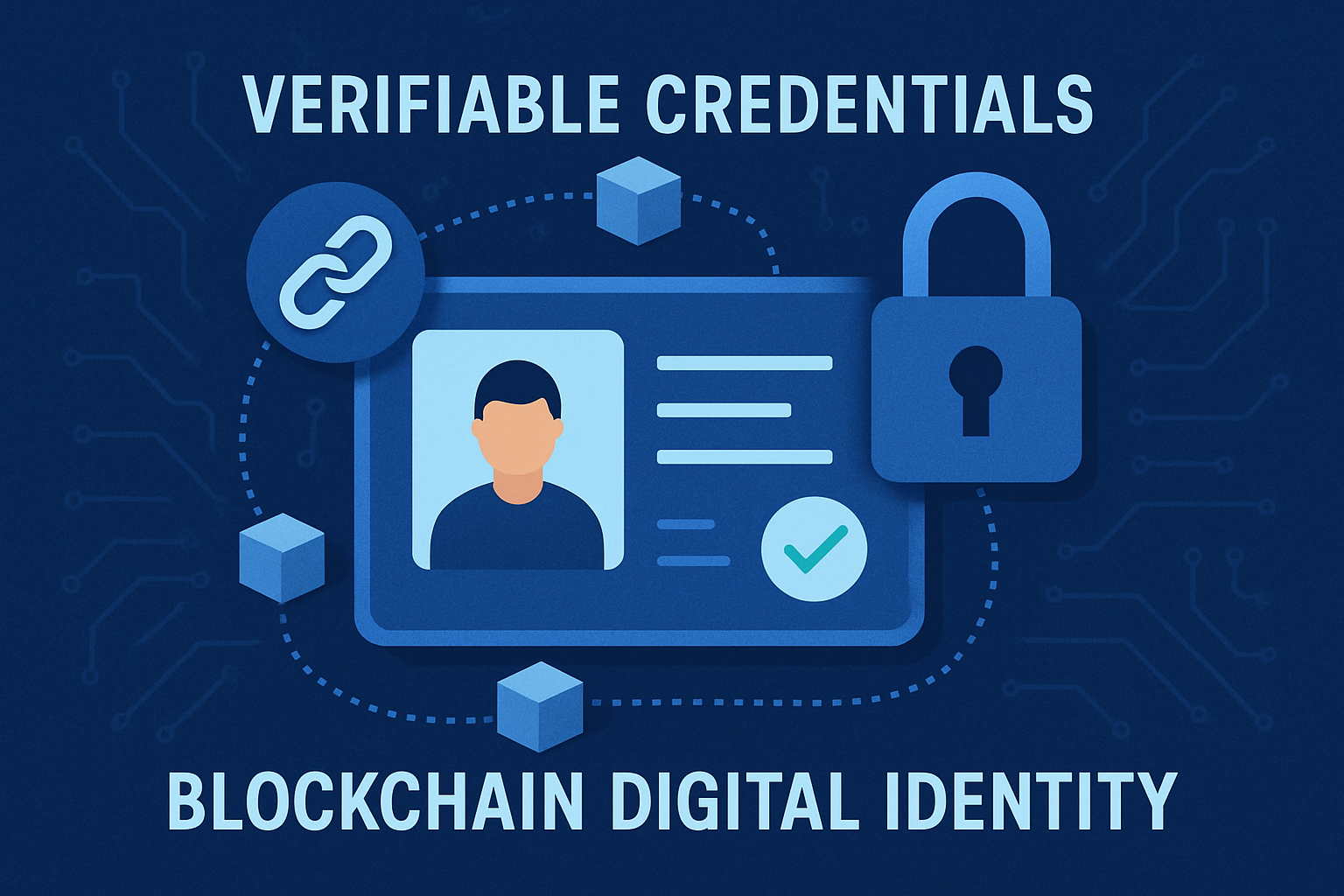
Verifiable Credentials (VCs): Digitally signed credentials issued by trusted entities (such as universities or governments) that users can store and present as proof of qualifications or attributes, all while minimizing data exposure.
-
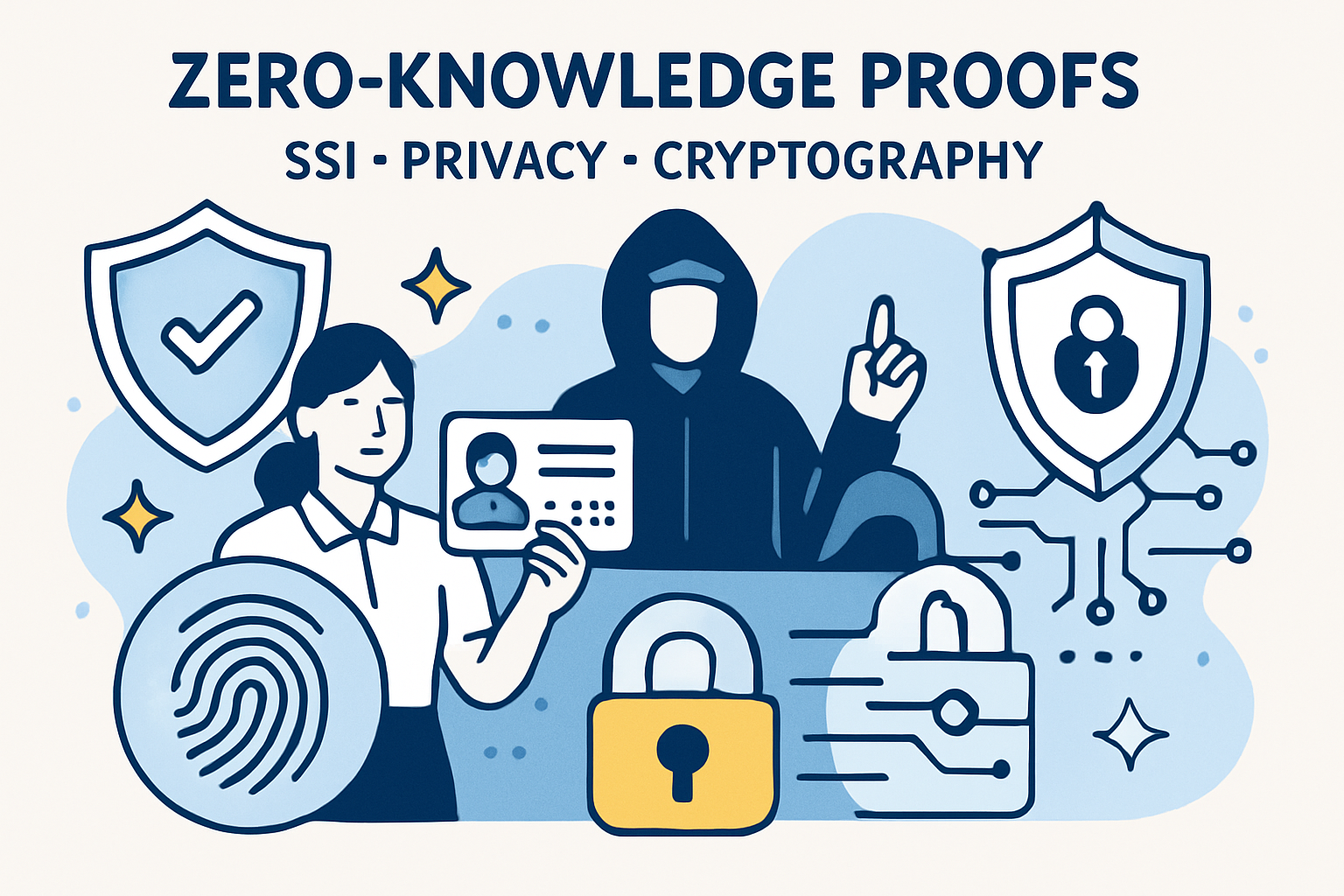
Zero-Knowledge Proofs (ZKPs): Advanced cryptographic techniques allowing users to prove specific identity attributes (like age or residency) without revealing the underlying data, significantly enhancing privacy.
-
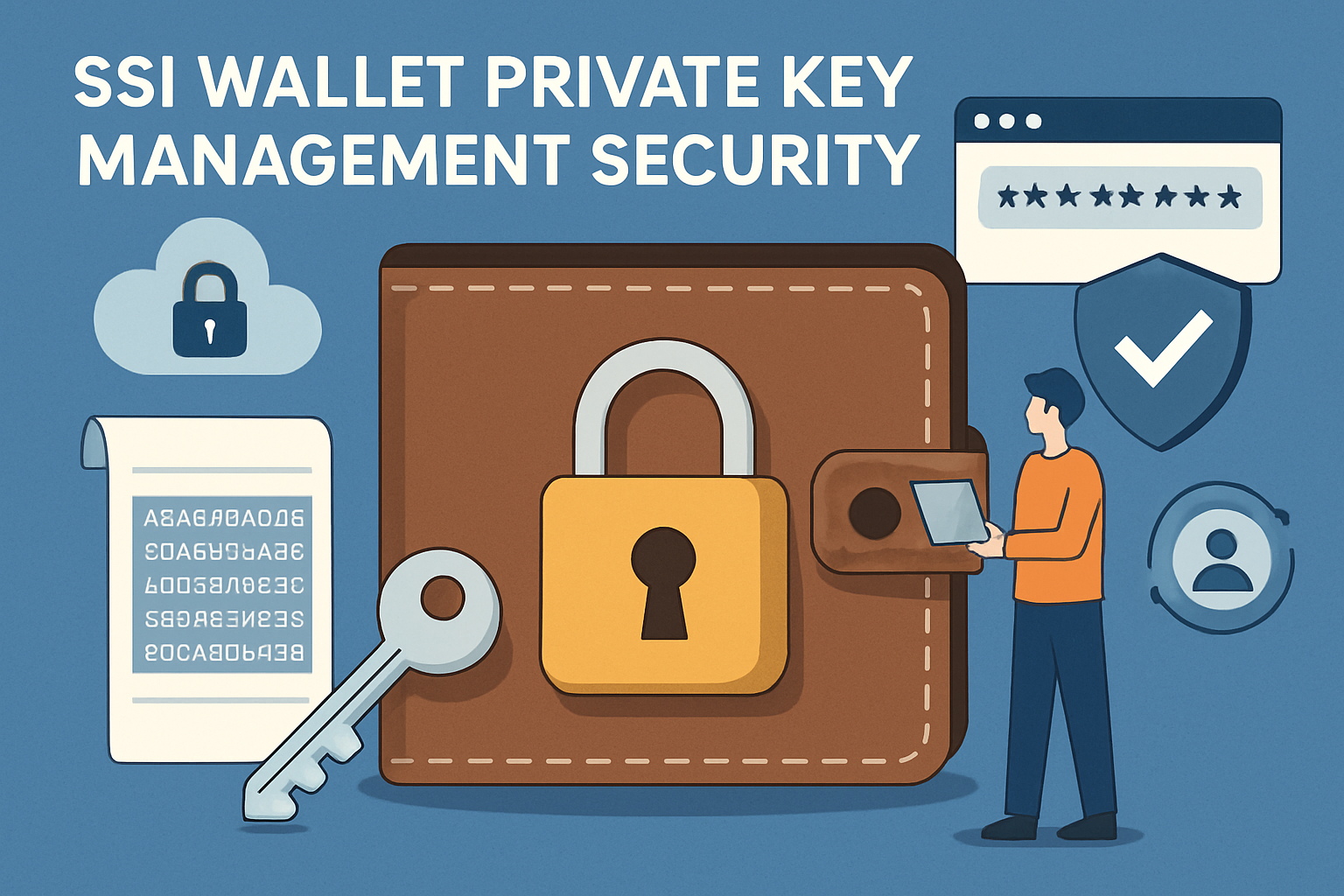
Private Key Management: Secure storage and management of cryptographic keys, ensuring that only the user can access and control their identity data within the wallet.
-
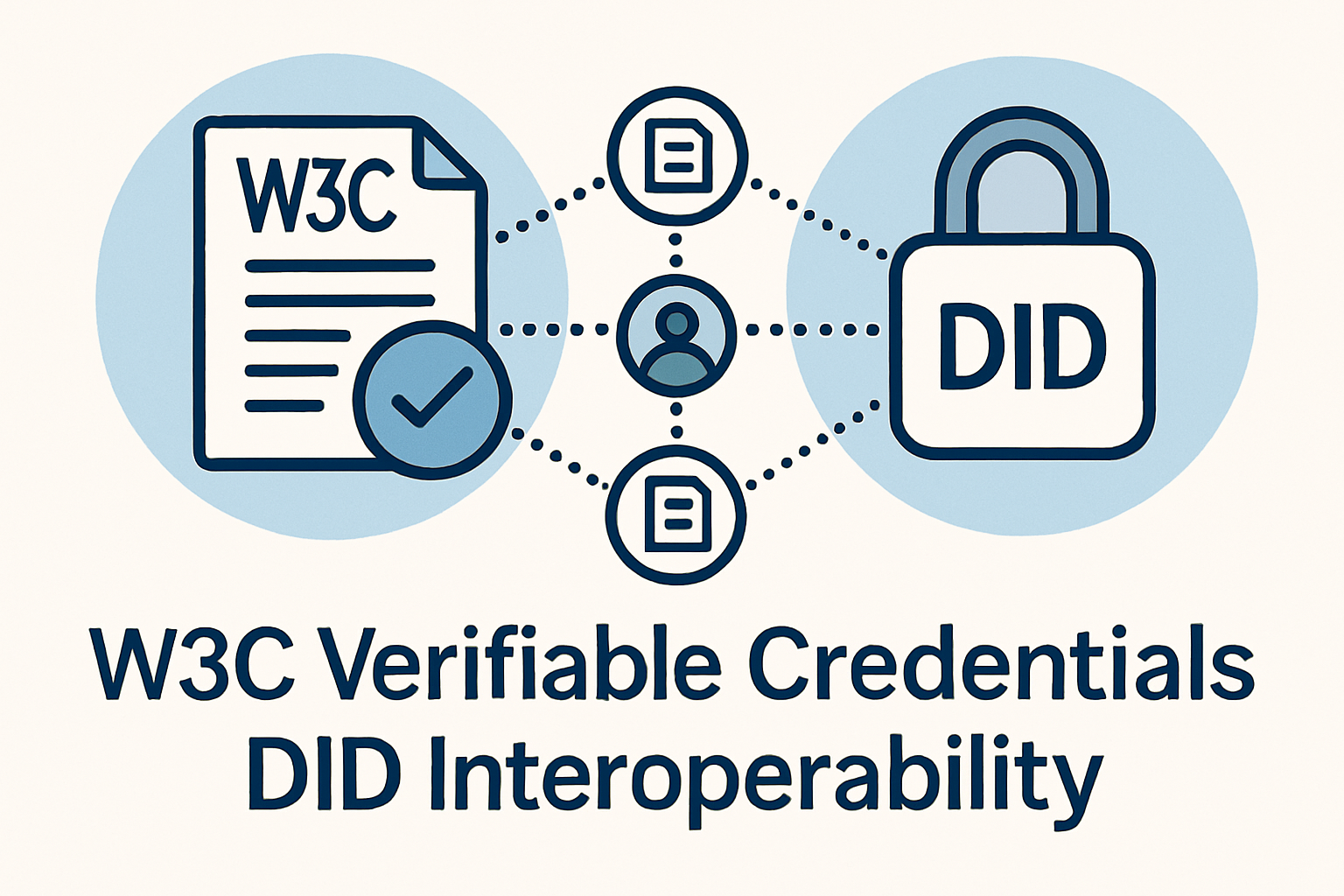
Interoperability Standards: Support for open standards such as W3C Verifiable Credentials and DID specifications, enabling seamless use of identity data across multiple Web3 platforms and services.
-
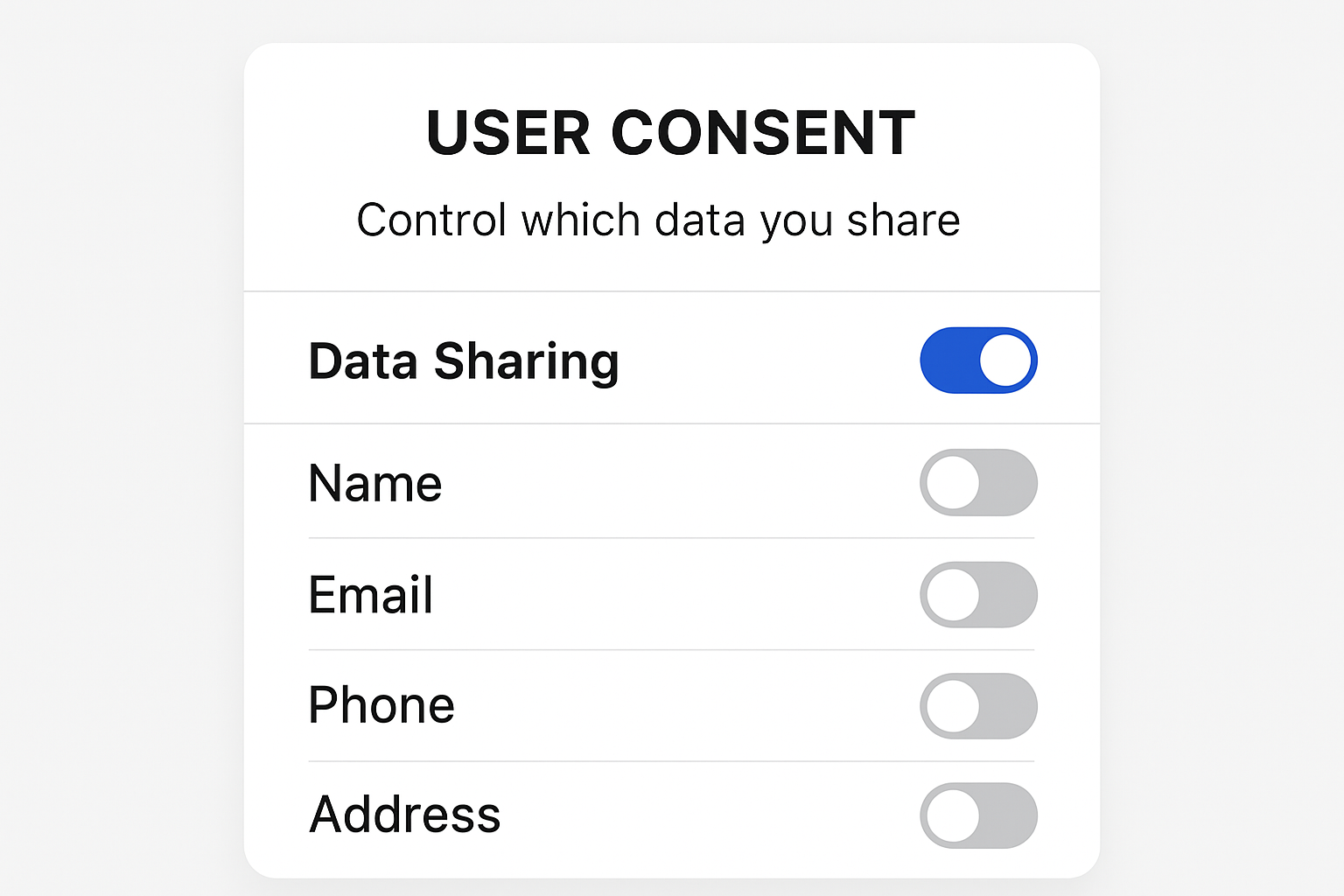
User Consent and Data Sharing Controls: Tools that empower users to decide exactly what information to share, with whom, and for how long, reinforcing privacy and data ownership.
- DIDs: Unique blockchain-based identifiers under your sole control.
- Verifiable Credentials (VCs): Digitally signed attestations from trusted institutions (like universities or banks) that you can selectively share without exposing excess information.
- Zero-Knowledge Proofs (ZKPs): Cryptographic methods allowing you to prove facts about yourself, like being over 18, without revealing any underlying data.
Together, these elements ensure that your personal information is never stored in a single vulnerable location. Instead, your SSI wallet acts as a secure vault, one where you alone hold the keys.
User Empowerment Through Control and Privacy
The most revolutionary aspect of SSI wallets is their user-centric approach to privacy. With an SSI wallet:
- You choose what information to share, and with whom.
- You can revoke access at any time without waiting for an intermediary’s approval.
- Your credentials are portable across platforms, log in once and interact everywhere in Web3 without repetitive onboarding friction (idOS Network).
This model dramatically reduces attack surfaces for hackers and limits unnecessary data exposure. For example, when using DeFi protocols or joining a Web3 social network, you no longer need to hand over sensitive details just to prove eligibility. Instead, privacy-preserving tools like zero-knowledge proofs allow you to demonstrate compliance or uniqueness without surrendering control of your core identity (source).
Real-World Applications: Decentralized Finance, Social Networks and The Metaverse
The utility of self-sovereign identity extends far beyond theory. In decentralized finance (DeFi), SSI wallets enable KYC processes that respect user privacy, proving compliance without doxxing personal details. On decentralized social networks, they let users authenticate themselves while remaining pseudonymous if they wish. And in gaming or metaverse environments, players can own persistent profiles and assets across worlds without risking fraud or loss due to centralized breaches (read more).
These advances are not just hypothetical. The idOS network, for example, is already weaving together decentralized onboarding and reusable identity infrastructure for stablecoins and cross-platform Web3 access. By leveraging native multiparty computation (MPC) on blockchains like Partisia, idOS delivers passwordless authentication flows and seamless credential verification, making digital identity management both more secure and user-friendly.
SSI wallets also shine in their ability to enable selective credential sharing. Instead of exposing an entire trove of personal data, users can present only the information necessary for a specific interaction. For instance, you might prove you’re over 21 to access a service or verify your university degree for a job application, without revealing your full birthdate or academic transcript. This granular control is a far cry from the all-or-nothing data dumps common in Web2.
Challenges and Ongoing Innovation
No paradigm shift comes without challenges. Usability remains a hurdle: while SSI wallets promise frictionless onboarding, the interfaces must be intuitive enough for mainstream adoption. Interoperability between different wallet providers and protocols is also essential to prevent new forms of vendor lock-in. Projects like idOS are addressing these barriers by building open standards and developer-friendly APIs that work across chains and platforms (idOS Network).
Regulatory uncertainty represents another area of active debate. As decentralized identity gains traction in areas like finance or healthcare, questions about compliance, liability, and dispute resolution will demand robust answers from both innovators and policymakers.
Top Benefits of Using an SSI Wallet in Web3
-
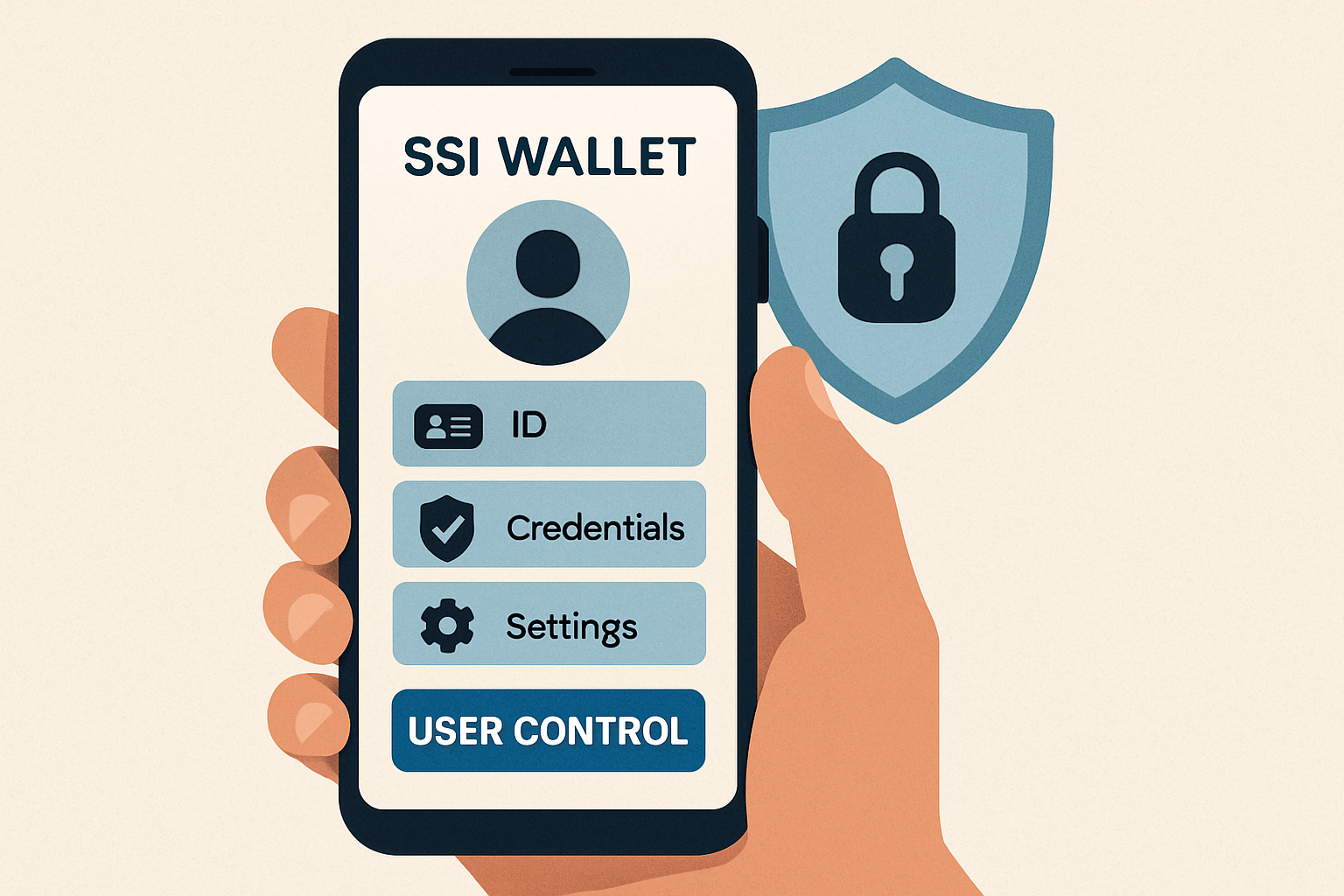
Full Control Over Personal Data: SSI wallets empower users to create, manage, and share their digital identities independently, without relying on centralized intermediaries. This self-custody ensures that only the user decides what information to disclose and to whom.
-
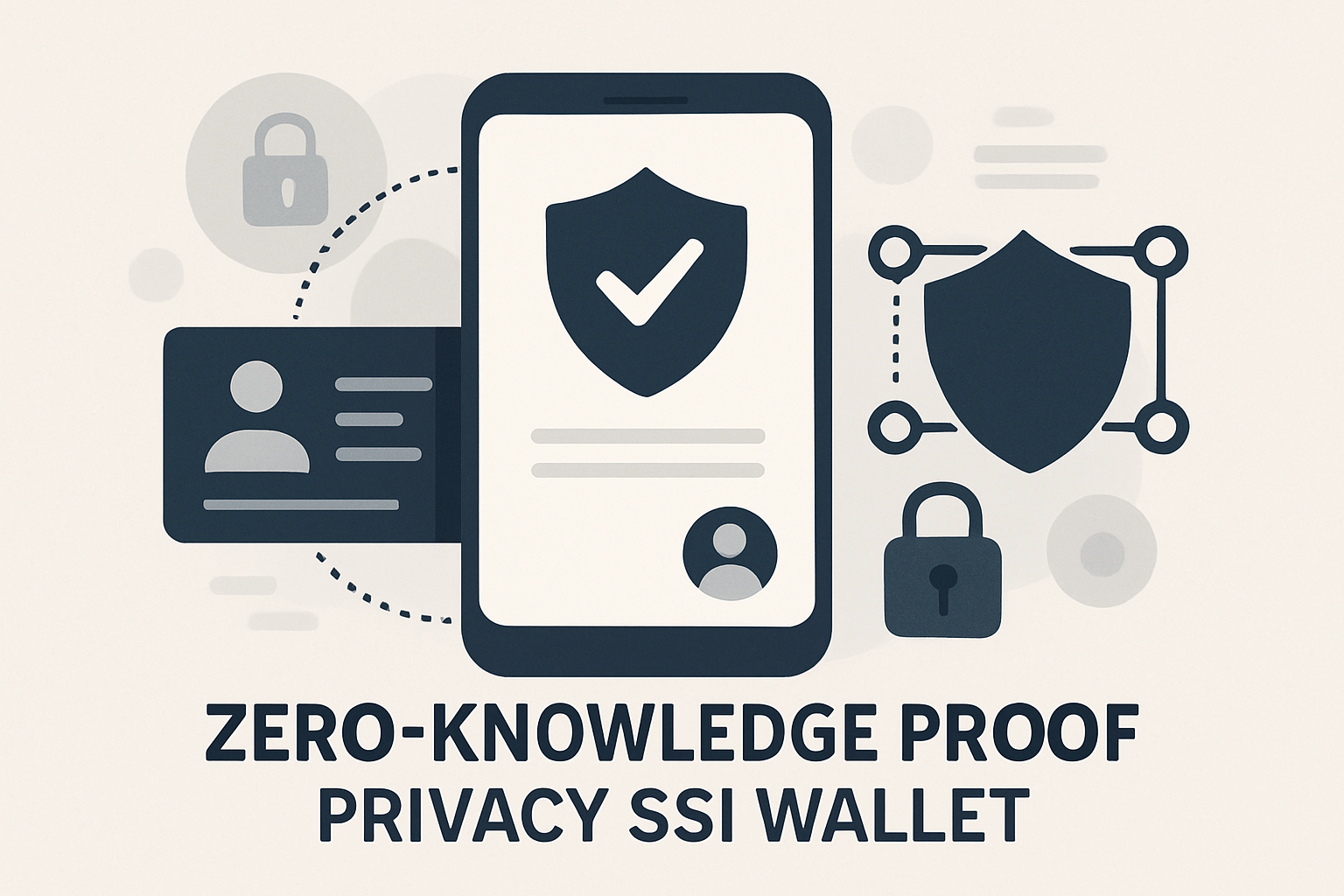
Enhanced Privacy with Zero-Knowledge Proofs: By leveraging zero-knowledge proofs (ZKPs), SSI wallets allow users to prove specific identity attributes—such as age or residency—without revealing sensitive underlying data, significantly improving privacy.
-
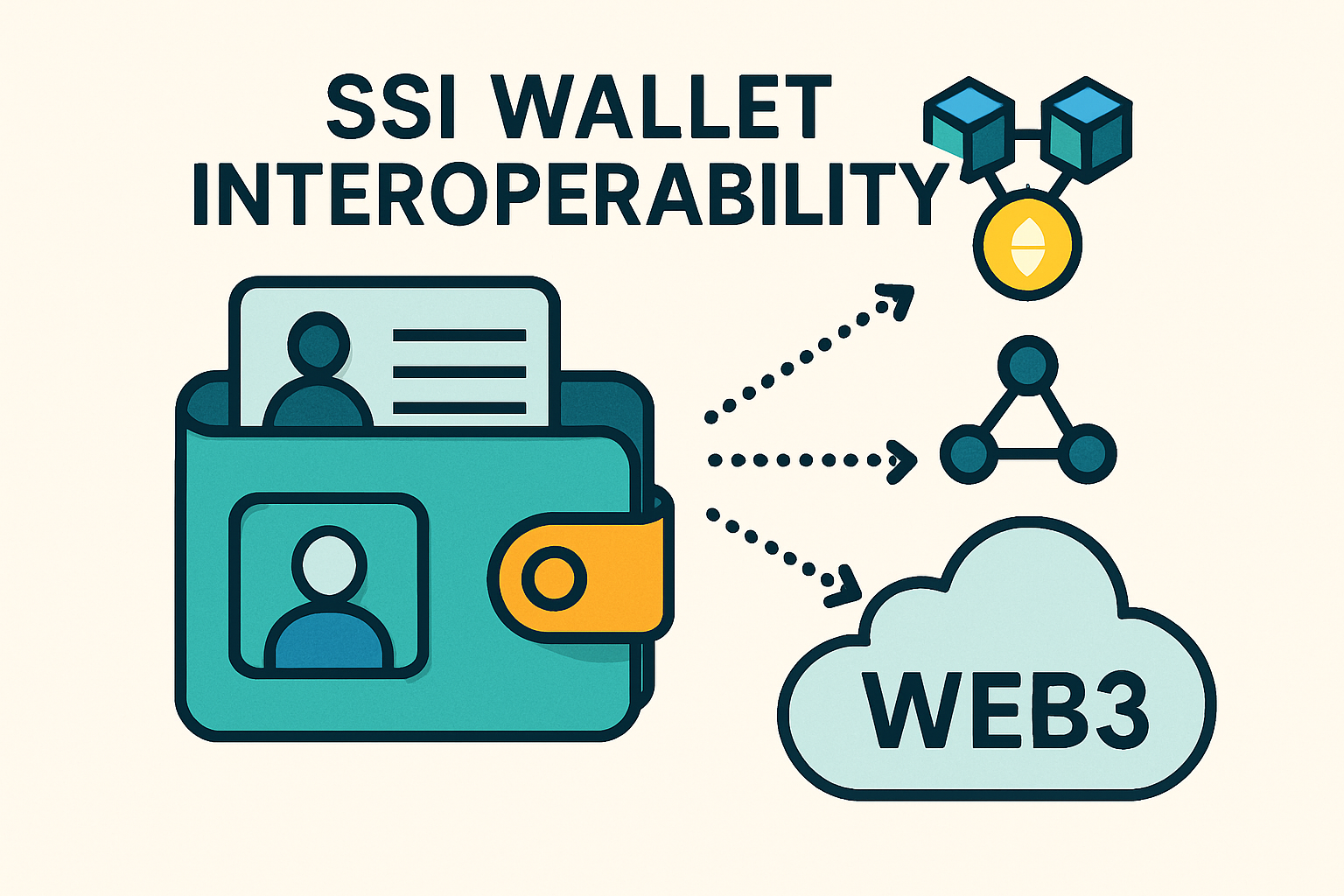
Data Portability Across Platforms: SSI wallets utilize decentralized identifiers (DIDs) and verifiable credentials (VCs), enabling users to seamlessly use their identity across multiple Web3 services, from DeFi to social networks, without repetitive onboarding.
-
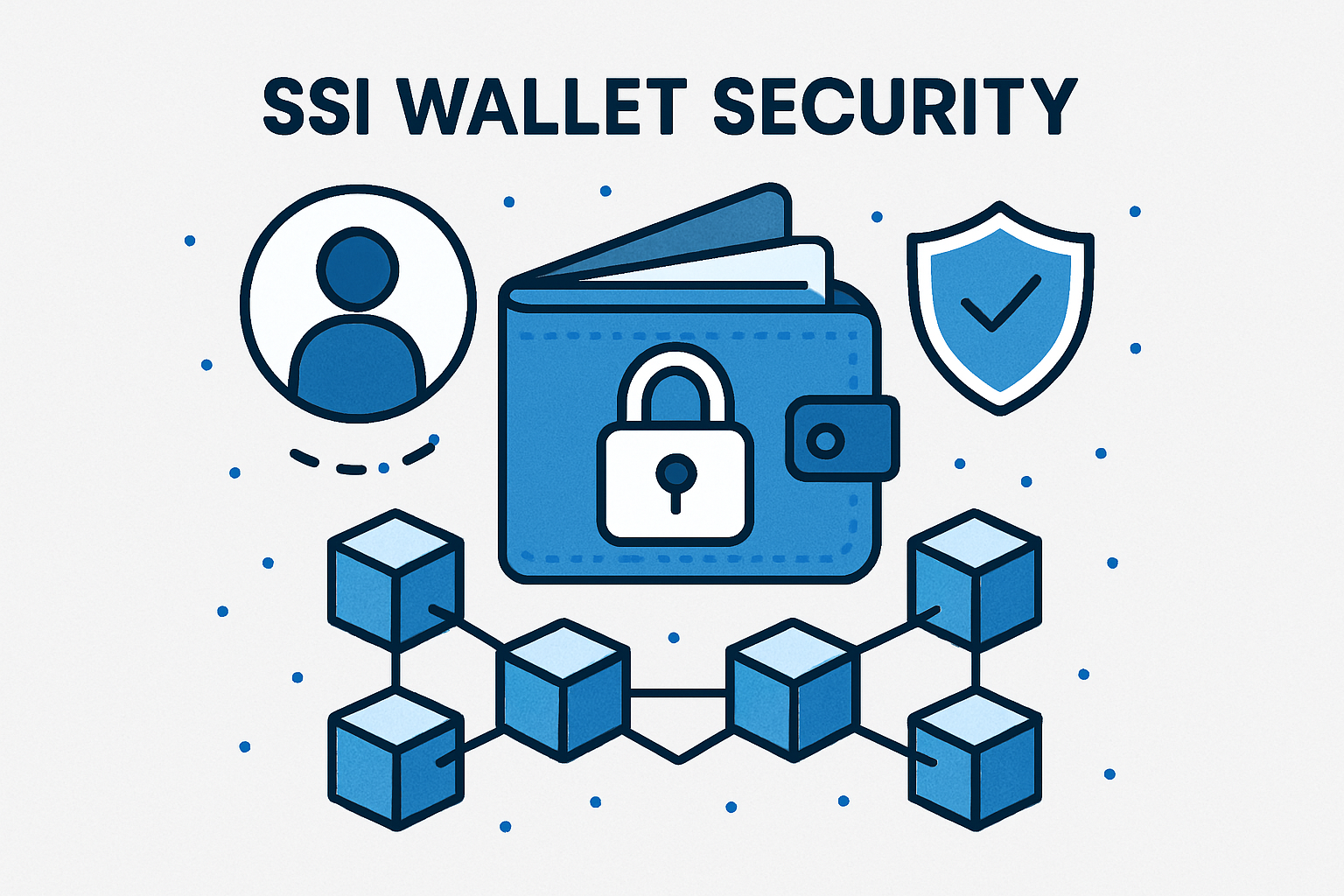
Robust Security Through Decentralization: With identity data stored on decentralized networks and protected by cryptographic keys, SSI wallets reduce single points of failure and minimize risks of large-scale data breaches or identity theft.
-
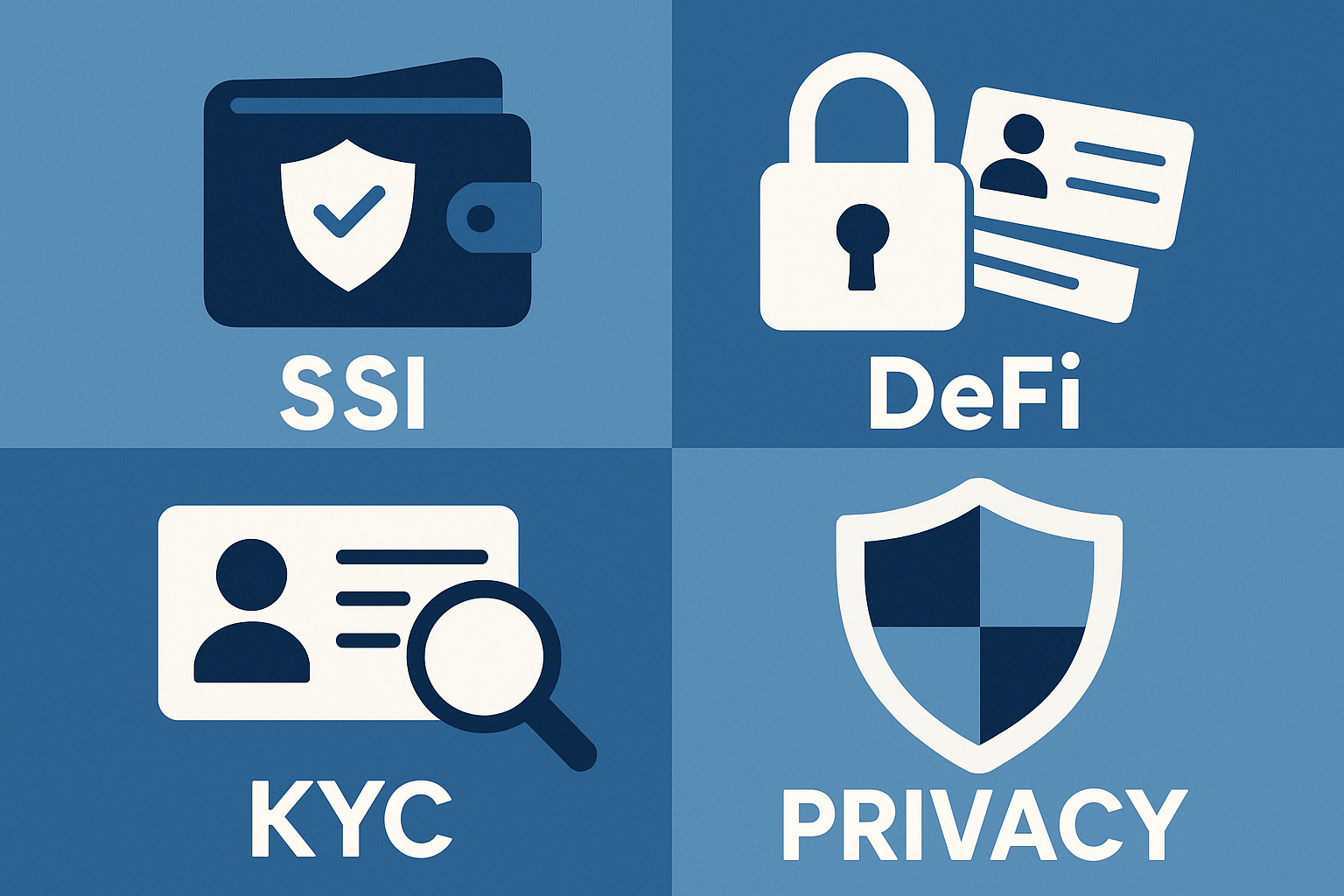
Privacy-Preserving Compliance in DeFi: SSI wallets streamline KYC and compliance processes in decentralized finance by allowing users to prove eligibility without exposing full personal details, supporting regulatory needs while maintaining privacy.
The Road Ahead: Digital Identity as a Human Right
The movement toward self-sovereign identity is about more than technology, it’s about digital dignity. As our lives move increasingly online, owning our digital selves becomes as fundamental as owning our physical ones. SSI wallets give individuals the tools to assert their rights in digital spaces: to decide who sees what, to move freely between services without constant re-verification, and to take back power from centralized gatekeepers.
This vision aligns with the core values of Web3: decentralization, privacy by design, interoperability, and user empowerment. As standards mature and real-world adoption accelerates, from DeFi KYC to metaverse avatars, the promise of self-sovereign identity wallets stands poised to redefine what it means to be recognized online.






